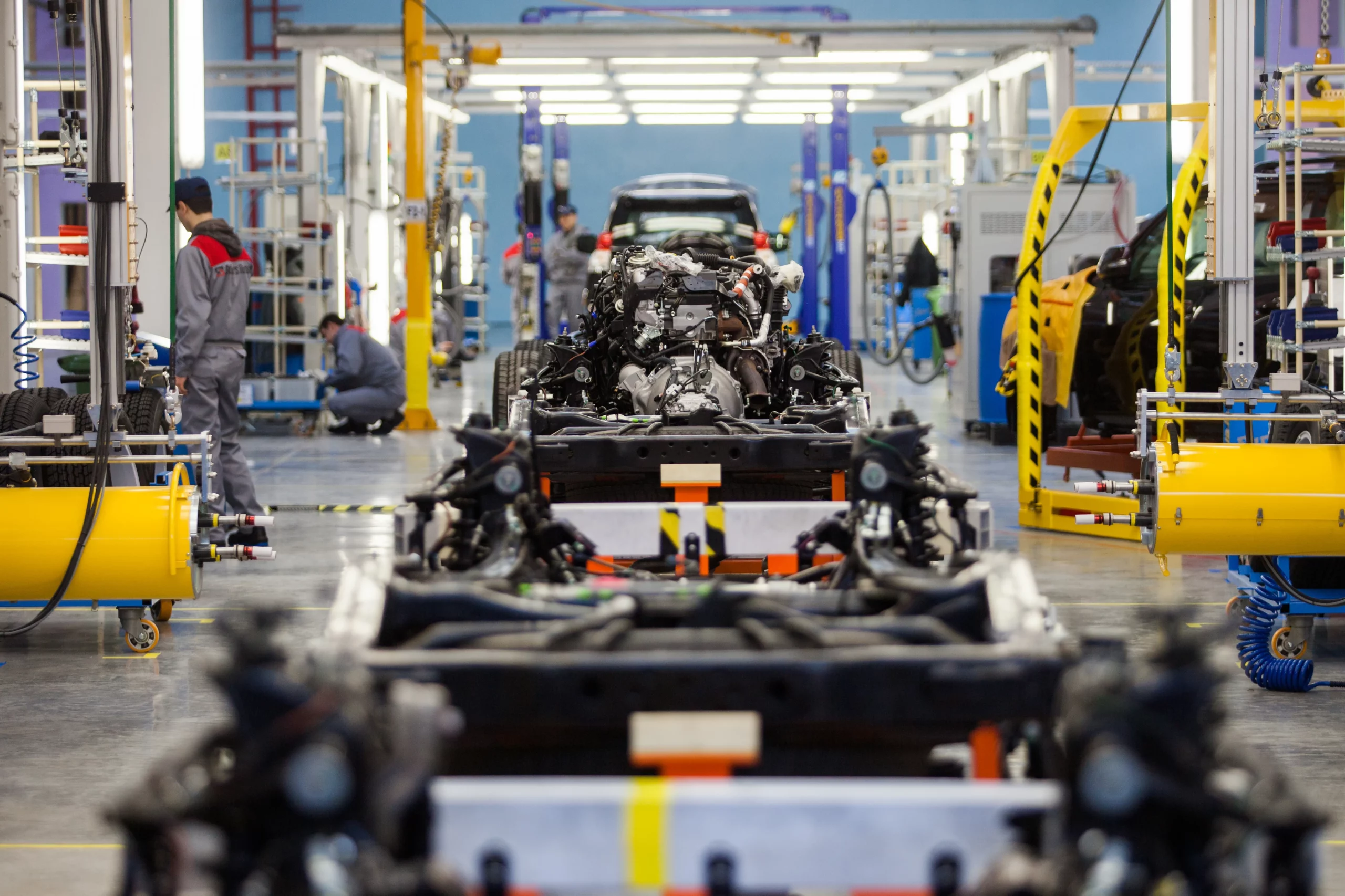Automotive manufacturing is the process of converting raw materials into finished vehicles. It is a complex and capital-intensive process that involves a wide range of activities, from product design to final assembly.
The automotive manufacturing process can be broken down into the following stages:
- Product design: This stage involves the development of the vehicle’s concept, design, and engineering. It is a critical stage, as the decisions made here will have a significant impact on the cost, performance, and quality of the finished vehicle.
- Material procurement: This stage involves the sourcing of the raw materials and components that will be used in the manufacturing process. The materials and components must be of high quality and meet the specifications of the vehicle manufacturer.
- Manufacturing: This stage involves the actual production of the vehicle. It is a complex process that involves a variety of manufacturing techniques, such as casting, machining, welding, and assembly.
- Quality control: This stage involves the testing and inspection of the finished vehicles to ensure that they meet the quality standards of the vehicle manufacturer.
- Distribution: This stage involves the delivery of the finished vehicles to dealerships and other sales channels.
The automotive manufacturing process is constantly evolving, as new technologies and techniques are developed. For example, the use of 3D printing is becoming increasingly common in automotive manufacturing, as it allows for the rapid and cost-effective production of complex parts and components.
The automotive manufacturing industry is a global industry, with major vehicle manufacturers located in countries all over the world. The industry is also highly competitive, as vehicle manufacturers are constantly striving to develop new and innovative vehicles that will appeal to consumers.
The automotive manufacturing industry is a major contributor to the global economy. It employs millions of people and generates billions of dollars in revenue. The industry is also a major driver of innovation, as vehicle manufacturers are constantly developing new technologies and techniques to improve the performance, efficiency, and safety of their vehicles.
The automotive manufacturing industry is facing a number of challenges, including the rise of electric vehicles, the increasing cost of materials, and the need to meet stricter emissions standards. However, the industry is also experiencing a number of growth opportunities, such as the growth of the Chinese market and the increasing demand for autonomous vehicles.
The automotive manufacturing industry is a complex and dynamic industry that is constantly evolving. It is an important part of the global economy and it is likely to continue to grow in the years to come.
Here are some of the key trends in automotive manufacturing:
- The rise of electric vehicles: Electric vehicles are becoming increasingly popular, as they offer a number of advantages over traditional gasoline-powered vehicles, such as lower emissions and lower operating costs.
- The increasing use of automation: Automation is being used to improve efficiency and productivity in automotive manufacturing. Robots are being used to perform a variety of tasks, such as welding, painting, and assembly.
- The need for lightweight materials: Lightweight materials, such as aluminum and carbon fiber, are being used to reduce the weight of vehicles. This is important for improving fuel efficiency and performance.
- The increasing demand for safety features: Consumers are demanding more safety features in vehicles, such as airbags, anti-lock brakes, and lane departure warning systems.
- The need for connectivity: Consumers are demanding more connectivity features in vehicles, such as built-in navigation systems and Wi-Fi hotspots.
These are just some of the key trends that are shaping the automotive manufacturing industry. The industry is constantly evolving and it is important for automotive manufacturers to stay up-to-date with the latest trends in order to remain competitive.






